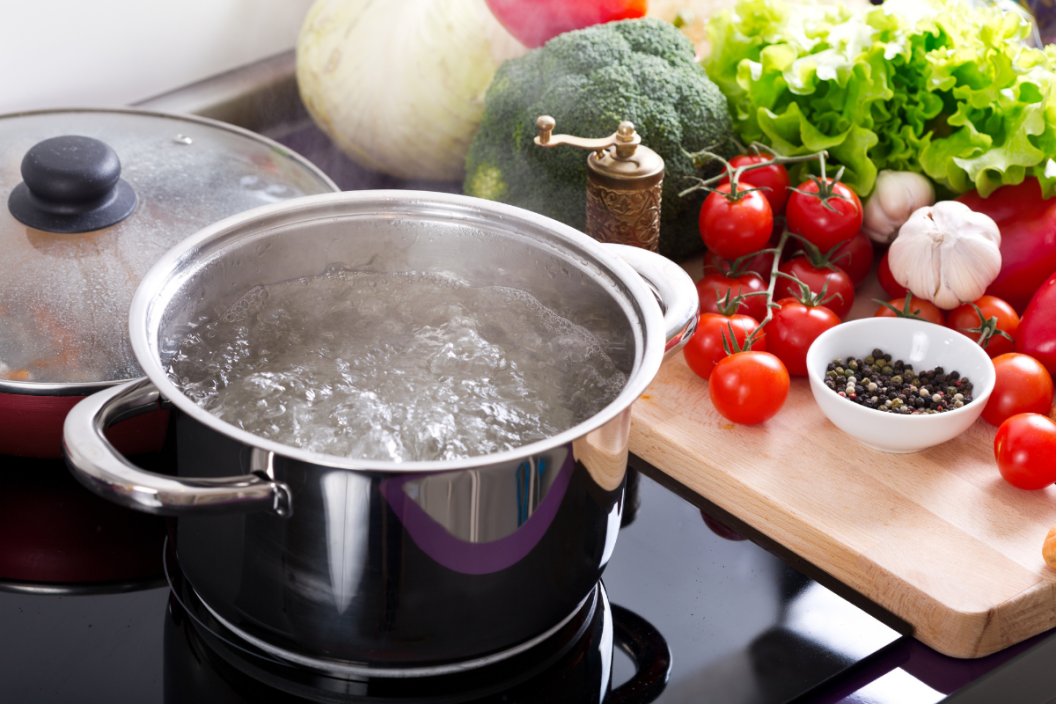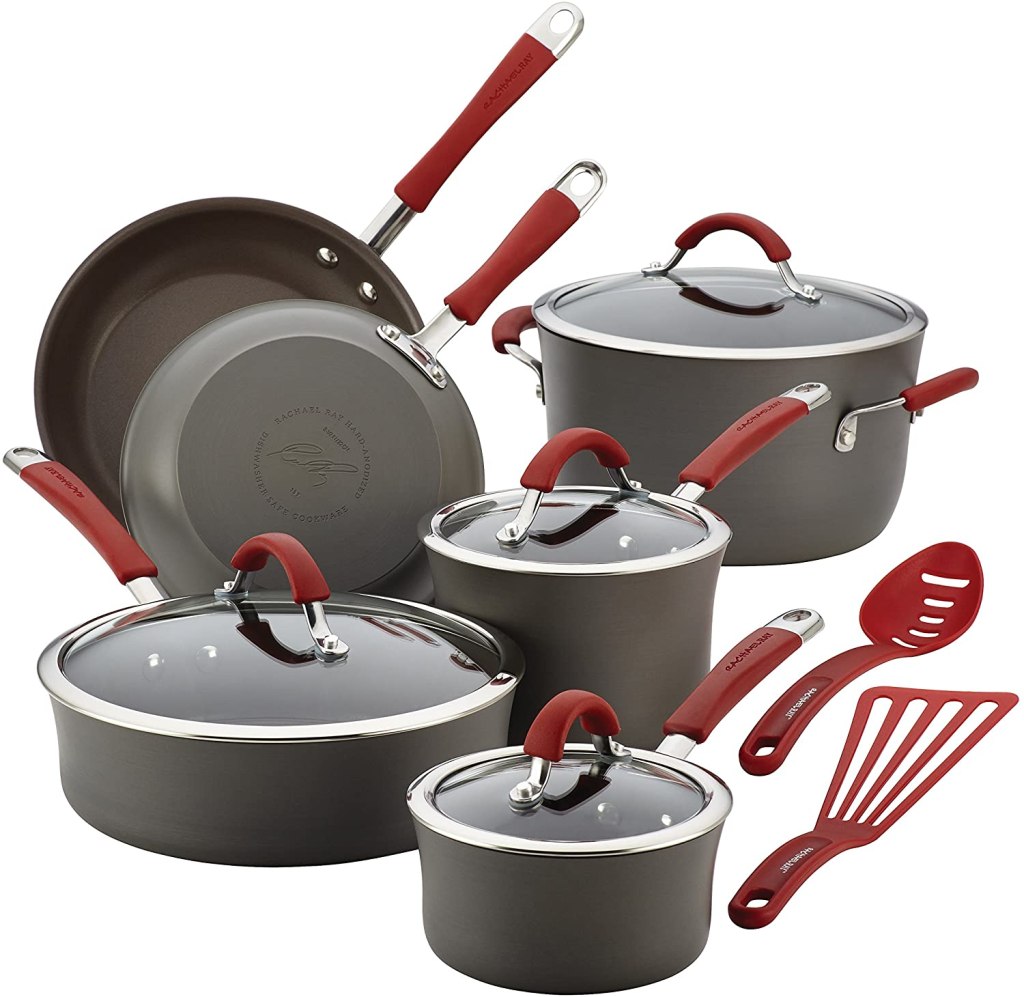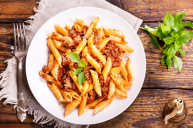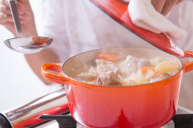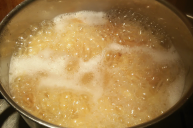It's common knowledge that when making pasta, you fill a pot with water, bring it to a boil, and then put in the noodles. I was taught to use cold water when boiling but always wondered why. Doesn't it make more sense to use hot water, since it's closer to the boiling temperature? Some say that cold water boils faster than hot water, but that doesn't make much sense to me. So, does cold water really boil faster than hot?
Videos by Wide Open Country
Boiling Cold Water vs Hot Water
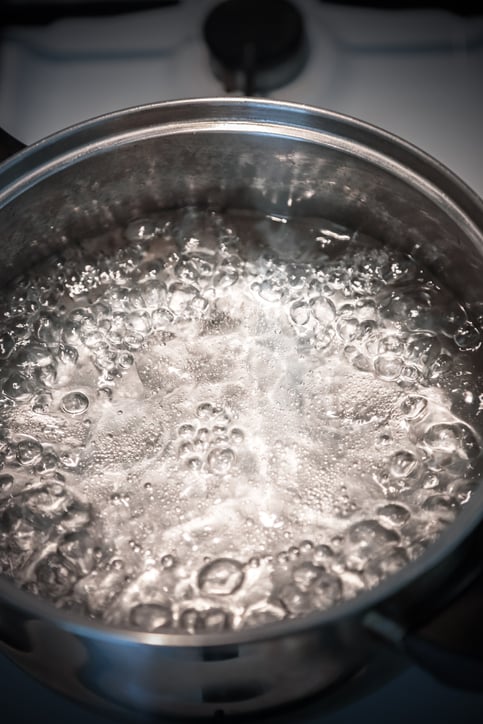
Getty Images
Despite the common myth that cold water boils faster than hot, this is actually not true! Cold water does absorb heat faster than hot-temperature water, which may be the origin of this myth. However, once cold water reaches the temperature of hot water, its heating rate slows down and it takes just as long to boil. Based on this, hot water boils much quicker, because the temperature of the water is so much closer to the boiling point of water, which is 212 degrees Fahrenheit or 100 degrees Celsius.
This raises the question, why does everyone say to boil cold water instead of hot, if hot water takes less time? There must be some reason for this common practice if it isn't for efficiency! After looking further into the hot water vs cold water dialog, I found that there are good reasons to use cold water rather than hot when boiling water.
Colder water is actually fresher and cleaner than hot water, which has impurities in it. This is because hot tap water sits for long amounts of time in hot water tanks or in recirculation systems of buildings. Sediment can collect at the bottom of large water tanks, and it is actually recommended to open the valve at the bottom of water tanks every once in a while to flush out the sediment.
While it isn't dangerous or harmful to drink hot water or warm water from the tap, it is less fresh than cool water. When making pasta, it's best to let the tap run for a few seconds and then fill your pot with cold tap water. You'll have to wait a little longer for it to boil any amount of water, but you'll be making up for this with freshness.
Does Hot Water Freeze Faster Than Cold Water?
Hot water freezes faster than cold water! This brings us back to simple chemistry- during evaporation, hot water decreases in mass. Because of this, hot water has less mass than cold water, so less energy is needed to freeze it. Therefore, to boil water faster, use water with a higher temperature rather than a lower temperature.
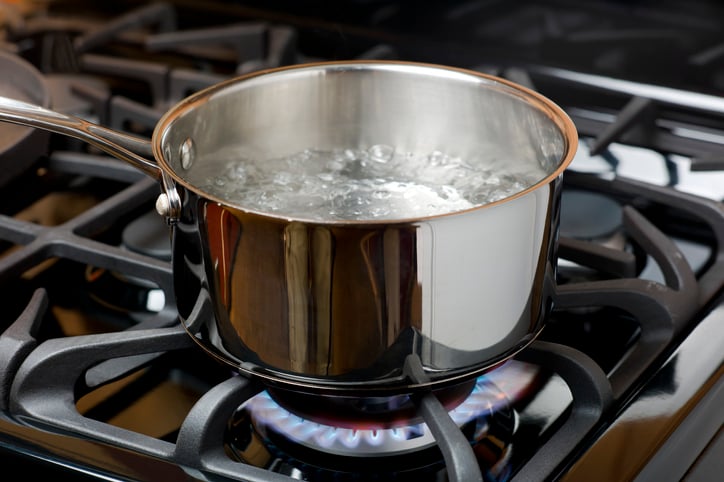
Getty Images
This phenomenon is called the Mpemba effect, and it was discovered by Erasto Mpemba, a student who was making ice cream using boiled milk and noticed how quickly it froze. He discovered this in 1963, but it was also described back in 350 B.C. by Aristotle.
So there we have it, even though cold water doesn't boil faster than hot water, it's still best to use when boiling. However, if you decide to make homemade ice cream or popsicles, use hot water and observe the Mpemba effect for yourself!
